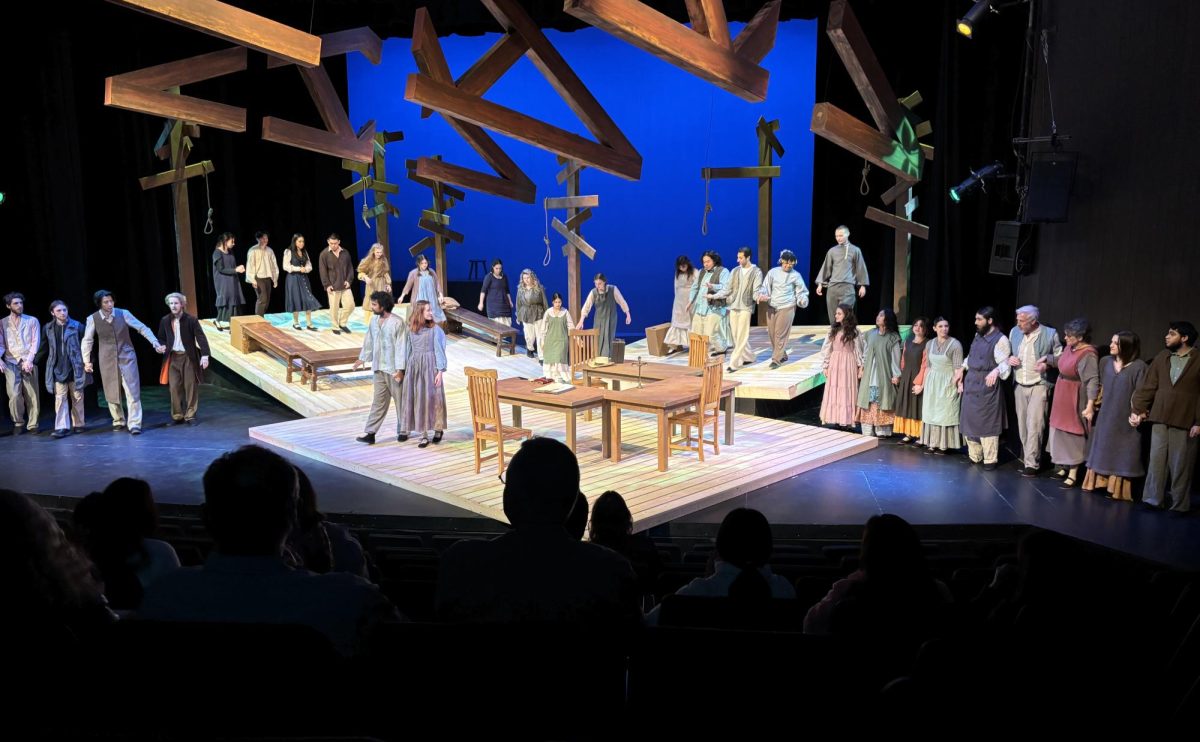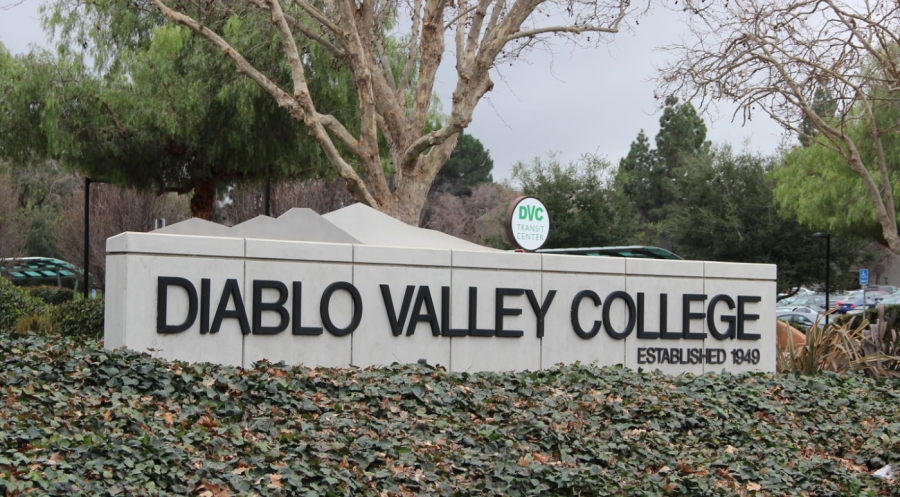In Adapting to Remote Learning, DVC Students and Staff Persevere through Covid-19
February 24, 2021
As the spring semester picks up momentum, Diablo Valley College students and instructors are grappling with the regular stresses of deadlines, schedules, and meeting new people. But a frightening year-old addition to the mix, COVID-19, has altered the landscape of education as we know it, by making most classes on campus remote.
In the process, the virus is having profound impacts on the ways faculty and students experience school.
“I feel the deficit of not sitting in the room with students and interacting,” DVC English professor Marian Blackwell-Stratton said during a Zoom class call in early February.
For Blackwell-Stratton, like for so many teachers at the college, spring 2021 marks her second try with online-only instruction. She said that by the third week of an in-person course, she would typically have a decent idea of each student’s academic needs.
But Professor Blackwell-Stratton explained that participating in a classroom and submitting assignments online present widely different approaches to education. “Instructors value the human-to-human, in-person format,” she said. The switch to full-time reliance on the internet hasn’t affected her morale as an instructor, Blackwell-Stratton added, but distanced instruction takes more of her time.
For example, she tries to anticipate ahead of time any questions that a student might have when she posts assignments to Canvas. She also considers the needs of each student, many of whom she may hardly know. Taking into account students’ varied access to the technology they need to participate in distanced learning presents another obstacle, she said.
Zoe Whitaker, a theater major at DVC, reflected the shifting state of students’ mental health in the wake of the deadly virus outbreak. Whitaker explained that the shutdown of DVC in-person classes was “not as bad as I thought, but still disappointing.”
Before the pandemic, Whitaker said she spent time with her friends every day. With hybrid classes conducted both online and in-person, she still manages to get in some social interaction, which helps stave off the feeling of isolation. “I like the fact that we still meet in-person, because I am a very social person,” Whitaker said.
She has found that spending so much time in the relaxing environment of home can lead to greater procrastination. However, Whitaker also recognized that having class resources online and at students’ fingertips is handy – and that a course presented through distanced learning can possibly be an even more in-depth experience than traditional instruction.
As the spring semester progresses and administrators aim to slowly ease COVID-19 restrictions in accordance with state guidelines and falling case numbers, DVC instructors and students alike have shown their ability to adapt to the new methods of safe, distanced learning. It remains to be seen whether these new skills will become a permanent fixture at Diablo Valley College.
Professor Blackwell-Stratton said she hopes that students who have put their college goals on hold during the pandemic decide to return to school after facilities get the all-clear to reopen, but also believes that the school administration “should follow science” when the time comes to resume in-person learning. Calling the DVC support service staff the “unsung heroes” of the COVID-19 shutdown, Blackwell-Stratton said she looks forward to returning to the classroom and seeing students’ – as well as teachers’ – stress levels decline.
There are few aspects of daily life that the global COVID-19 pandemic hasn’t altered in some way, and academic life at Diablo Valley College is no exception. “For students, the stakes are higher as far as time invested, money invested,” Blackwell-Stratton said. But with the mental health, tutoring, and financial assistance resources available through the pandemic, she believes 2021 can still be a successful academic year for DVC students.







































































